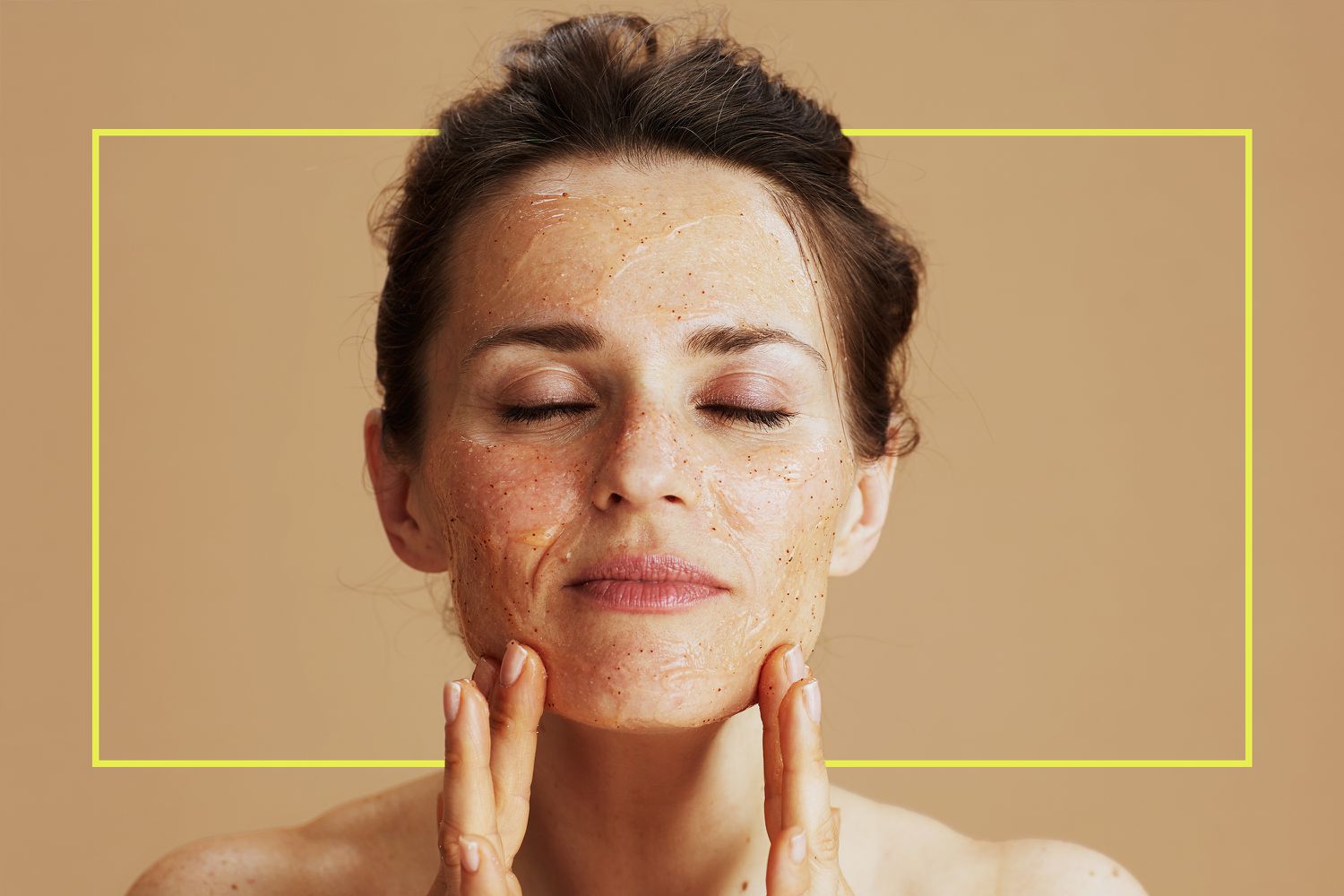The Ultimate Guide to Face Exfoliation: All You Need to Know and How to Do It Right

If the universe offered free tickets to flawless, soft skin, it's doubtful anyone granted this opportunity would reject it. Although revealing fresher, more luminous skin requires more than a magical ticket, incorporating an often-neglected, simple step into your skincare routine can take you closer to your dream skin—exfoliation. Whether you're fighting dullness, aging symptoms, or congested pores, exfoliation could be the missing piece in fully unlocking your skin's potential.
Let's dive into the realm of exfoliation, examining its advantages, various types available, and the correct way to include it in your regimen. Prepare to learn how this frequently recommended step can significantly influence your skin's health and glow.
Exfoliation isn't just another procedure to add to your skincare routine—it's a method to enhance overall skin health. Exfoliation is famous for removing dead skin cells, revealing brighter, radiant skin beneath, but according to Dr. Purvisha Patel, a Board-Certified Dermatologist and Visha Skincare Founder, '[exfoliating] fools the skin into believing it is wounded,' thus spurring collagen production. This is vital for diminishing the appearance of fine lines, wrinkles, and acne. Even though introducing another process into your skincare routine might appear intimidating, the numerous ways your skin can gain from frequent exfoliation affirm that it's worth the time and effort (which will probably only be a few minutes daily).
While the average person might instantly associate physical scrubs with exfoliating, there are different methods and ingredients for effective exfoliation. Exfoliation primarily falls into chemical and physical categories, each serving unique purposes, and suitable for various skin types.
Dr. Patel explains that chemical exfoliants apply 'enzymes or fruit acids (AHAs or BHAs) or vitamin A derivatives to dissolve the ties that bind dead skin cells together, making them simple to shed.' These are compatible with most skin types but beneficial for those experiencing specific skin issues like acne or aging signs.
Physical exfoliants, according to Dr. Patel, 'utilize a scrub or tool to physically shed dead skin.' Ingredients in these exfoliants typically include microbeads or natural elements like sugar or salt. 'Physical exfoliators mechanically induce cell turnover and feel more like a scrub with a grittier texture,' explains Board-Certified Dermatologist Dr. Lian Mack. Both experts concur that while physical exfoliants are efficient, they should cautiously be applied, especially on delicate skin.
Our dermatologists underscore the necessity of selecting an exfoliant based on skin type, as exfoliation isn't a universal fix. Below are some guidelines to assist in determining the type of exfoliant that may best suit your skin type and concerns.
Dr. Patel states, physical exfoliators are highly advised for oilier skin types to help decrease oil production and prevent acne. These exfoliants can alleviate congestion caused by blocked pores and debris. Dr. Mack adds, 'Oilier skin types are usually more prone to acne due to the congestion created by blocked pores and cellular debris. Minimizing oil and clumping of dead skin cells with an exfoliator prevents breakouts.'
Dr. Patel asserts that chemical exfoliants work best with this skin type as they gently dissolve dead skin cells, singling out ingredients like retinol, bakuchiol, and tretinoin to be safe and effective. For combination skin types that may exhibit oiliness in specific areas, utilizing a physical scrub can control oil and any related congestion.
For dry or sensitive skin, Dr. Patel suggests leave-on products with low-concentration AHA and BHA liquids for milder exfoliation. They deliver deeper results while hydrating (due to accompanying ingredients). Dr. Mack also advises gentle exfoliants, including ingredients like salicylic acid and glycolic acid. To avert epidermal damage resulting in inflammation, flaking, or peeling, Dr. Patel recommends evading physical exfoliants altogether. For mature skin that tends towards dryness, products that restore moisture and resist the effects of thinning skin are beneficial.
As you may have figured by now, determining the right frequency for exfoliation largely depends on your skin type. Dr. Patel recommends that those with dry or sensitive skin exfoliate between 1-2 times a week. In contrast, individuals with normal to oily skin might find it beneficial to exfoliate every other day. If choosing to use physical exfoliants, Dr. Mack recommends using no more than 1-2 times a week to prevent adverse reactions if your skin finds the product abrasive. Below are some guidelines for adding exfoliating into your routine as recommended by our experts. Use Products For Your Skin Type: Be sure to choose an exfoliant that aligns with your skin's specific needs because, as previously mentioned, exfoliants aren't made equally. Following the guidelines our experts recommended is a great starting place. Apply as Intended: For best results, always follow the product instructions, including the order in which it should be applied to the skin. For physical exfoliants, massage gently for the recommended time. For chemical exfoliants, follow instructions carefully and avoid the eyes and lips unless otherwise stated as these skin areas can be easily irritated. Listen to Your Skin: Pay close attention to how your skin reacts after exfoliation. Adjust the frequency and type of exfoliant based on your observations. If you notice symptoms like inflammation or peeling, it's a clear sign to either reduce the frequency of exfoliation or switch to a milder exfoliating method. Listening to your skin's response is key to maintaining its health and balance, and always patch test before jumping in to try a new skincare product.Maintain a Balanced Skincare Routine: Exfoliating is not meant to replace other steps in your skincare regimen. It's still important to cleanse daily, hydrate, and protect your skin year-round with an SPF moisturizer. Exfoliating is a great addition, however, it doesn't erase the need for a solid foundation, a basic skincare routine.When done correctly, exfoliation can significantly enhance your skin's health and appearance. The key is understanding your skin type, choosing the appropriate exfoliant, and, most importantly, listening to your skin.




